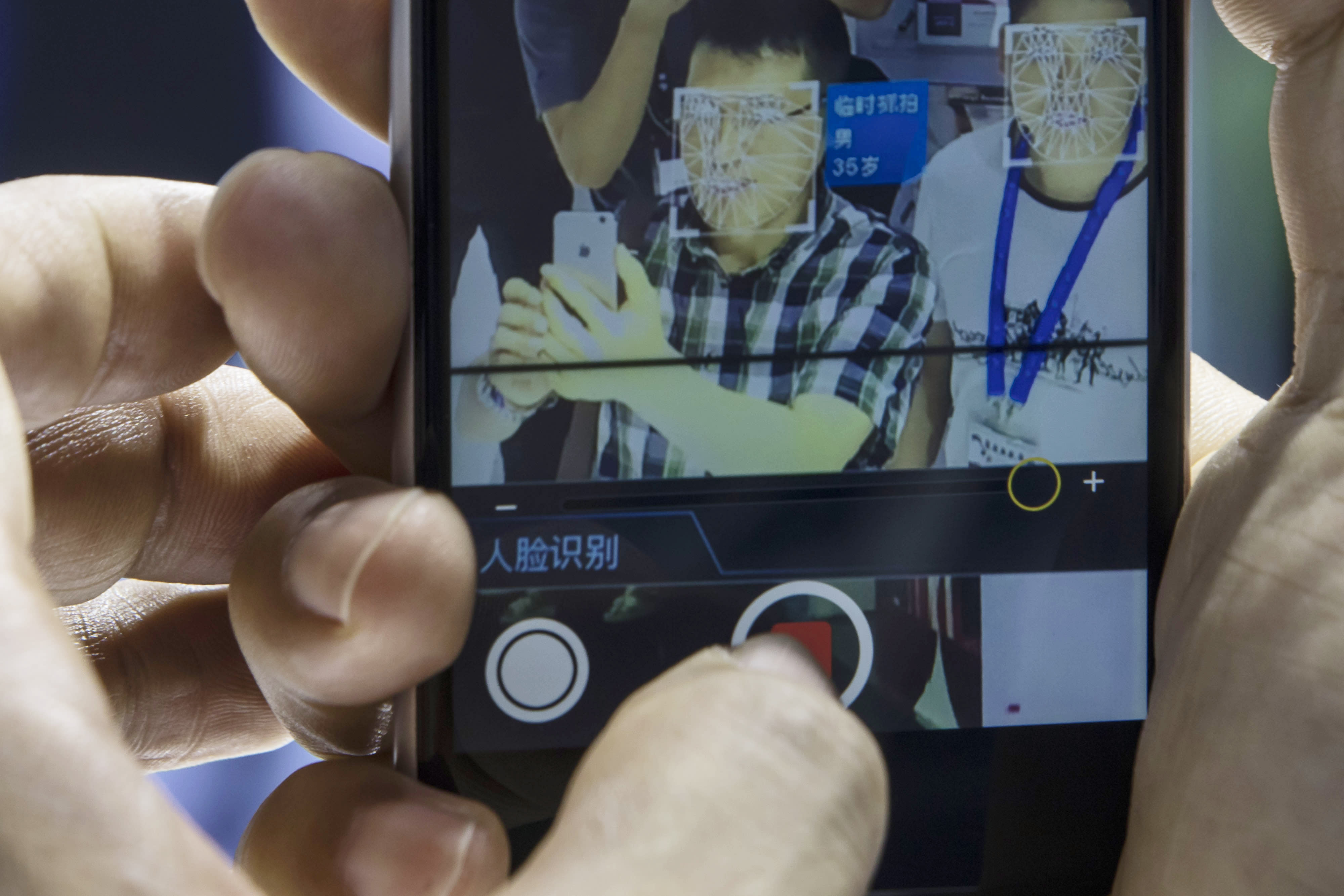This post was originally published on this site

An attendee uses his smartphone to record a facial-recognition demonstration on himself at the Beijing Megvii booth at the MWC Shanghai exhibition in Shanghai, China, on June 27, 2019.
Qilai Shen | Bloomberg | Getty Images
President Donald Trump’s move to blacklist Chinese tech companies is threatening to derail what could be the first Chinese artificial intelligence firm to go public.
Megvii Technology, a Chinese AI company known for its facial recognition platform, is among a slew of companies the White House blacklisted due to alleged human rights violations against Muslim minorities in China’s far-western region of Xinjiang. Its planned initial public offering now might not see the light of day as Goldman Sachs, one of the IPO’s sponsors, said it’s rethinking its role due to the blacklist.
“We are evaluating in light of the recent developments,” regarding our involvement in the IPO, a spokesperson at Goldman told CNBC on Wednesday.
Megvii, backed by tech giant Alibaba, was scheduled to debut in the public markets in the fourth quarter and might raise as much as $1 billion, Reuters previously reported.
A spokesperson from Megvii said the company has no comment on Goldman’s statement.
Regarding Trump’s blacklist, Megvii said it “strongly objects to the company’s designation on the U.S. Commerce Department’s Entity List, for which there are no grounds.”
“We believe our inclusion on the list reflects a misunderstanding of our company and our technology, and we will be engaging with the U.S. government on this basis,” the spokesperson said. “Any direct business impact from this designation is expected to be minimal.”
The U.S. Department of Commerce on Monday barred eight companies, as well as 20 Chinese government entities, from doing business with American firms without being granted a U.S. government license. The Trump administration also put visa restrictions on Chinese officials “who are believed to be responsible for, or complicit in, the detention and abuse” of Muslim minority groups in Xinjiang.
The moves came just days before the U.S. and China resume their high-level trade talks in Washington this week. China on Tuesday said it “strongly urges” the U.S. to stay clear of the country’s domestic issues and remove the sanctions immediately. Asked whether China would retaliate for the blacklist, a Chinese Foreign Ministry spokesman said “stay tuned.”



